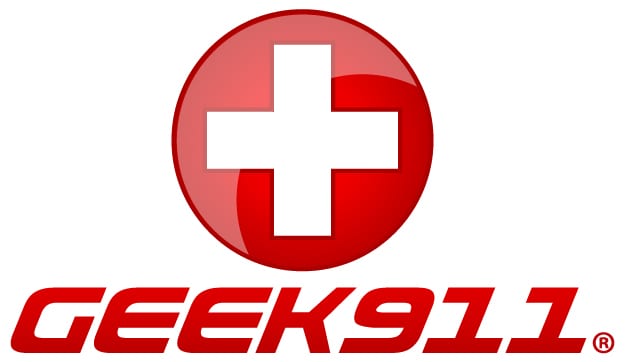6 Never Dos for Your Work Computer

It’s easy for the line between personal and work to get blurred when using your company-issued computer. This is especially true if you work remotely and have access to the PC 24/7.
It becomes more convenient to just use your work computer for everything, especially if it’s more powerful than your own personal computer. But it’s never a good idea to mix personal and work data on the same device.
Using your work PC for personal reasons could lead to an IT security risk for the company and you. There could also be an embarrassing situation should a website you’ve visited but would rather not have everyone know about pop up in the Favorites when your PC is recycled for a new employee.
In a survey of over 900 employees, just 30% said they never used their work PC for personal activities. The other 70% admitted to using their work computer for a mix of things like:
- Sending and receiving personal email
- Reading the news
- Online shopping
- Checking social media
- Streaming music
- Streaming videos/movies
Of the minority of users that never performed any personal activities on their work PC, the top reasons given were:
- It’s not my computer, so I should not use it for non-work activities.
- Our organization monitors everything we do on your computers.
Though it may be tempting and more convenient, here are several things you should never do on your work computer.
1. Don’t Store Personal Data
If you happen to read an email from your child’s school while on your break, it might be tempting to save the school supplies list you just received on your work PC so you can refer to it later. But keeping a “personal” folder on your work computer is a bad habit that you could come to regret.
First, you’re taking up hard drive space on a device that’s not yours and is meant for work documents only.
Two more compelling reasons are that you could end up losing whatever you’ve stored, or others might be able to read your files.
Say you saved a copy of the tax return that you just finished on your work PC. That document could end up being saved to the company’s cloud storage account. At some point, admins might be doing regular maintenance to archive documents and could run across your personal files.
If you get laid off unexpectedly, you may not be given the ability to retrieve any personal files you’ve stored on a work PC. It’s best to never do it. If you need to save a personal file while at work, save it to a personal cloud storage folder instead.
2. Don’t Allow Friends/Family to Use Your Work PC
By allowing anyone not associated with your company (friends, family, kids, etc.) to use your work devices, you immediately risk a compliance breach for your company.
Work PCs often have sensitive documents and access to customer files. The mere fact that someone else is on the computer and could access those documents (even if they don’t know they’re there) constitutes a breach of security.
3. Don’t Save Personal Passwords
If you visit social media, your online banking, or any other personal sites while at work, you might save your passwords in the browser or system “keychain.” This is a bad idea because it could mean those logins are at risk should you lose access to that computer or have it taken away from you for any reason.
A safer alternative is to have a different personal browser login that is separate from the one you use while working. Log into that, save the password, then log back out.
4. Don’t Visit Questionable Websites
You can just imagine all types of embarrassing situations should someone be able to see your browsing history and discover some unsavory or questionable websites.
Never visit a website on your work computer that you wouldn’t be comfortable visiting with your boss standing right behind you and looking at your screen.
5. Don’t Use a Work PC for Your Side Hustle
A big no-no and one that could get you fired if found out is using your work computer for an after-hours side hustle. It can be tempting to use a more powerful computer or one that has applications that you may not have on your personal computer at home.
But using your work computer to work at another business is considered unethical, and you don’t want that bad karma if you’re layout the groundwork for a new career path.
6. Don’t Turn Off Automated Backups or Updates
When your computer seems to be slow, you might go into the task manager and start turning things off to free up memory, one of these might be a cloud backup. If an automated update interrupts your work, it can be frustrating enough to cause you to turn it off altogether.
These are things you can do if you choose to on your personal PC but should not do on a PC that is used for work or owned by your company. You could cause serious data security issues for your company and leave it unprotected in the case of a ransomware attack if you turn off any of the automated backup or update systems.
Get Expert Endpoint Solutions to Better Manage Work PCs
Navigating the remote and hybrid work world can be tricky. GEEK911 can help with expert endpoint solutions for your Silicon Valley area business. Contact us today!
Schedule a consultation by calling 1-866-433-5411 or reach us online.
